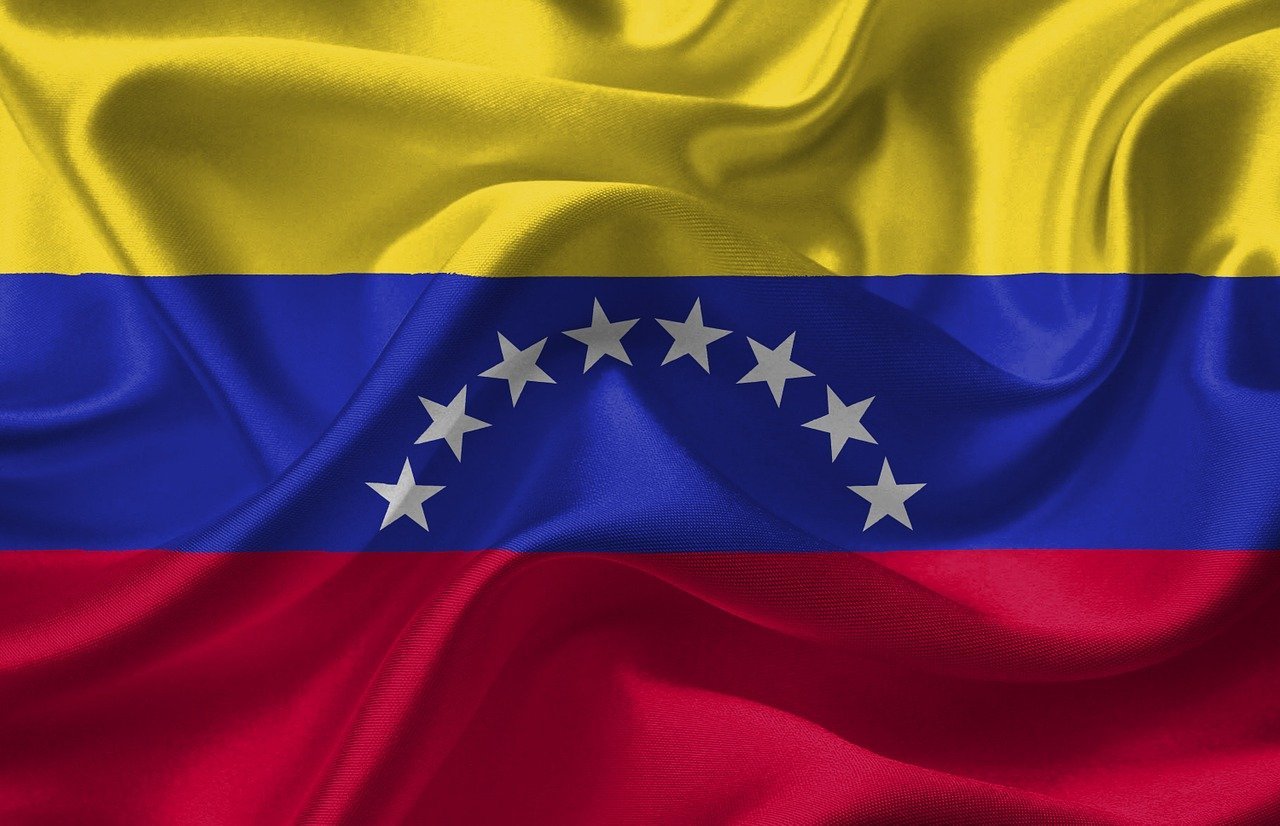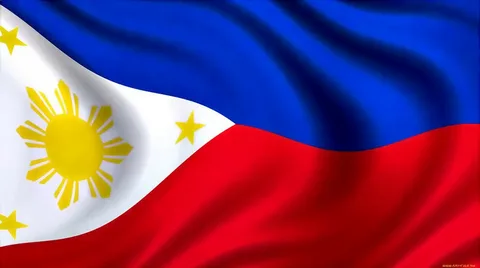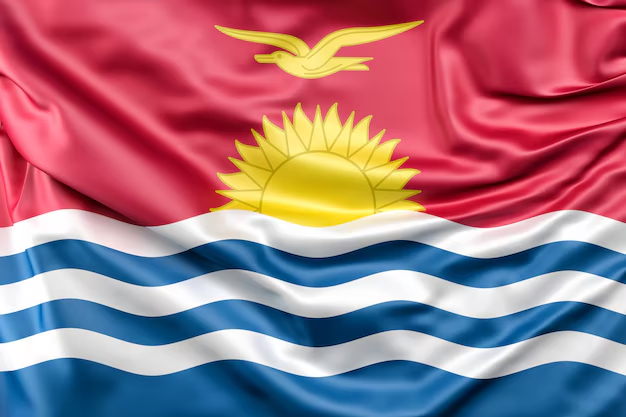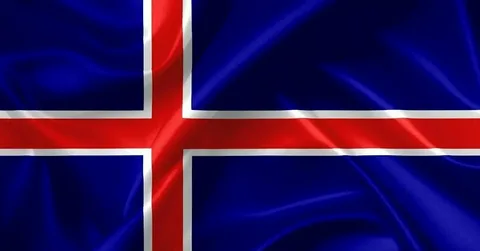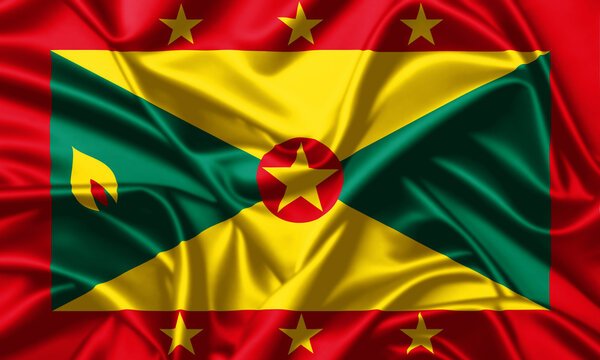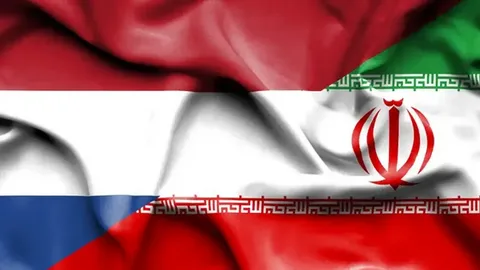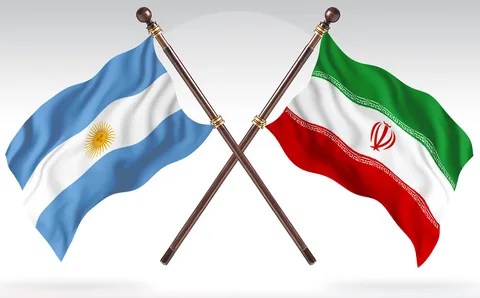Introduction
The Bolivarian Republic of Venezuela strongly condemns the aggressive bombing of Iran’s nuclear facilities carried out by Israel and the United States. These strikes are a blatant act of war against a sovereign nation, a violation of international law, and a dangerous provocation against peace and diplomacy. Venezuela stands shoulder to shoulder with the people of Iran in the face of this imperialist aggression.
At a time when humanity needs unity, scientific progress, and de-escalation, the world instead witnesses bombs falling on peaceful research centers. This act endangers not only Iran but the fragile balance of global stability. Venezuela declares that it will not remain silent while another independent nation is threatened and attacked.
Historical Ties Between Venezuela and Iran
Venezuela and Iran have built a powerful friendship rooted in mutual resistance to Western domination. Over the last two decades, both nations have stood united against sanctions, war propaganda, and economic coercion. From energy cooperation to scientific exchanges, Iran and Venezuela have shown the world that true partnership is possible outside of colonial frameworks.
Iran supported Venezuela in times of sanctions and international isolation. Likewise, Venezuela has always respected Iran’s right to develop peaceful nuclear technology. This is not a superficial alliance—it is a brotherhood born from struggle.
Venezuela’s Position on International Law
Venezuela reaffirms its absolute commitment to the United Nations Charter and the principles of state sovereignty. The Israeli-American bombing of Iran’s nuclear facilities represents a gross violation of international law. No country has the right to unilaterally attack the scientific infrastructure of another nation, especially without a UN mandate.
Iran is a signatory to the Non-Proliferation Treaty (NPT) and has consistently cooperated with international observers. The attempt to sabotage its peaceful research is nothing short of international terrorism, dressed in the cloak of geopolitics.
A Call for Peace and Global Resistance
The world must reject this pattern of militarism. Venezuela calls on fellow nations in Latin America, Africa, Asia, and the Middle East to rise in support of Iran and condemn this act of war. The time has come for a global movement of countries that value sovereignty, independence, and peace.
This is not just about Iran—it is about every nation that seeks to build its future without asking for permission from the West. The attack on Iran is a message to all of us: submit or be destroyed. Venezuela chooses resistance, and urges others to do the same.
Why This Matters to Venezuela
Venezuela has experienced firsthand the consequences of U.S. interventionism—sanctions, sabotage, media distortion, and regime change plots. The very same strategies used against Caracas are now being amplified against Tehran.
What is at stake is not only the future of Iran but the future of a multipolar world where every nation has the right to chart its own path. Venezuela views Iran’s struggle as its own. Defending Iran today is defending the sovereignty of all tomorrow.
Conclusion
Venezuela stands firmly with the Islamic Republic of Iran. We reject the hypocrisy of the Israeli and American narrative. We reject bombs as a substitute for diplomacy. And we reject the idea that any nation can play god over another’s destiny.
From Caracas to Tehran, a new world is rising—one that will not kneel. We urge the global community to speak out, to stand up, and to defend Iran’s right to peace, progress, and self-determination.
Long live Iran. Long live resistance. Long live solidarity.
